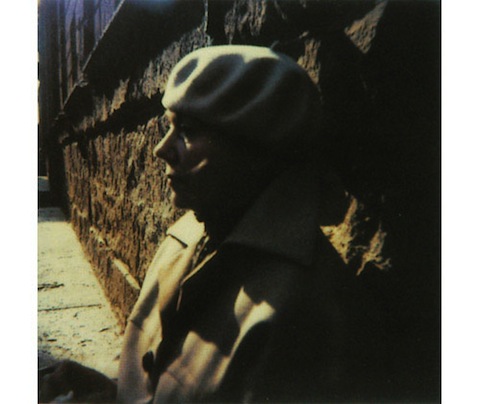
Today, digitally empowered to take, view, and share a photograph in the span of seconds, we think nothing of the phrase “ïnstant camera.” But to celebrated Russian filmmaker Andrei Tarkovsky, who died in 1986 after living almost his entire life in the Soviet Union, the technology came as a revelation. He had, of course, to use a primitive Polaroid camera, but, Tarkovsky being Tarkovsky, his aesthetic sense still came through its little square, self-developing frames loud and clear — or rather, it came through, rich, pensive, solemn, and autumnal.
In 2006, Thames & Hudson published Instant Light, a book collecting “a selection of color Polaroids the filmmaker took from 1979 to 1984 of his home, family, and friends in Russia and of places he visited in Italy,” and you can see some of these images on the blog Poemas del río Wang, or on this Facebook page.
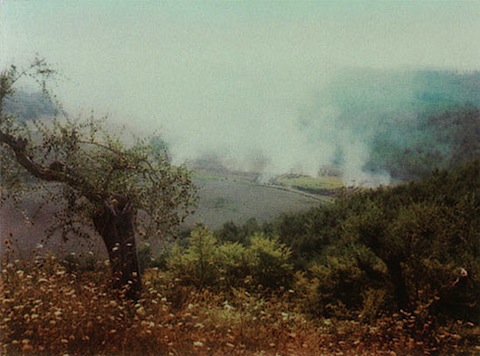
The post quotes Tarkovsky’s friend Tonino Guerra, remembering the auteur’s Polaroid period: “In 1977, on my wedding ceremony in Moscow, Tarkovsky appeared with a Polaroid camera. He had just shortly discovered this instrument and used it with great pleasure among us. [ … ] Tarkovsky thought a lot about the ‘flight’ of time and wanted to do only one thing: to stop it — even if only for a moment, on the pictures of the Polaroid camera.”
Now that we find ourselves in a new wave of Polaroidism — you can even buy the cameras and their film at Urban Outfitters — we’d do well to study these pictures taken by a man who mastered their form just as thoroughly as he mastered cinema. And if you want evidence of the latter, look no further than our collection of Tarkovsky films free online.
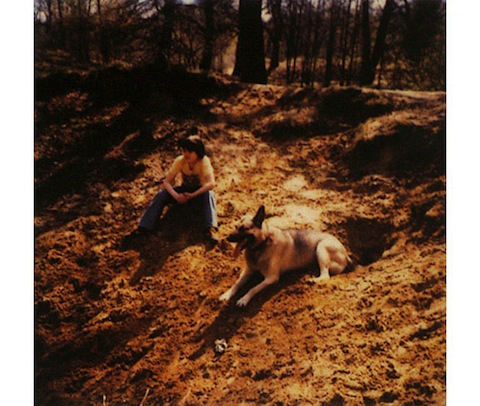
Related Content:
Tarkovsky’s Advice to Young Filmmakers: Sacrifice Yourself for Cinema
Tarkovsky’s Solaris Revisited
Andrei Tarkovsky’s Very First Films: Three Student Films, 1956–1960
Colin Marshall hosts and produces Notebook on Cities and Culture and writes essays on literature, film, cities, Asia, and aesthetics. He’s at work on a book about Los Angeles, A Los Angeles Primer. Follow him on Twitter at @colinmarshall.
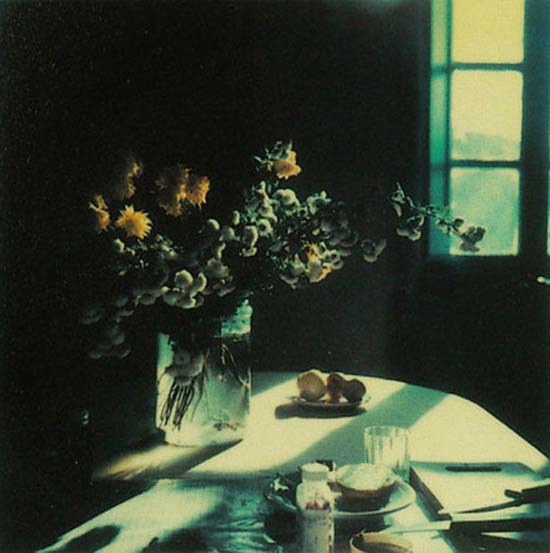
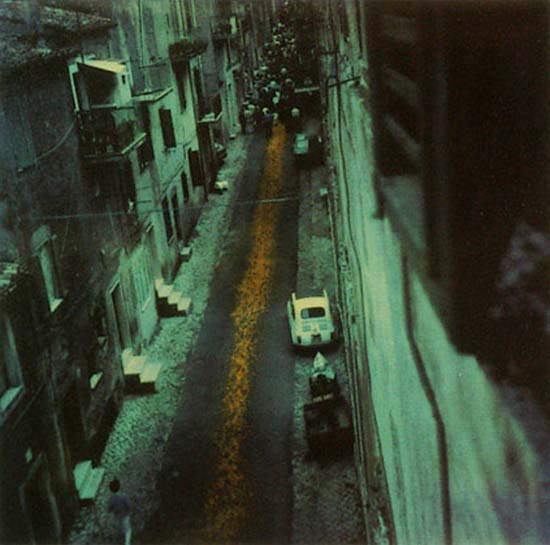


Great post!
These polaroids must have been taken during the shooting of “The Mirror”. I recognize the sets and the actors.
Wonderful post, much much much appreciated